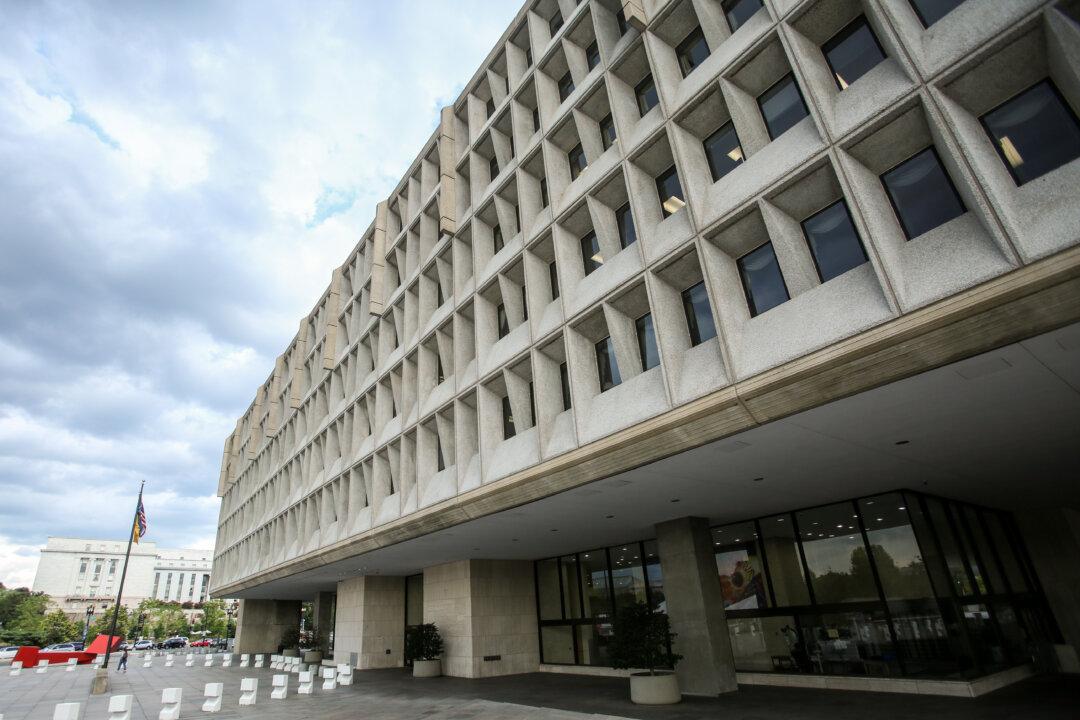The website of the U.S. Health and Human Services was attacked amid the coronavirus pandemic, officials confirmed on Monday.
A National Security Council spokesman said in a statement to news outlets that the council became aware “of a cyber incident related to the Health and Human Services computer networks and the federal government is investigating this incident thoroughly.”





